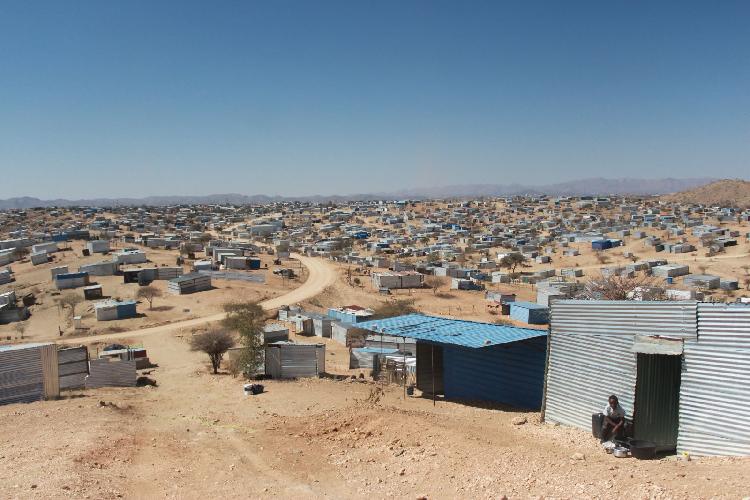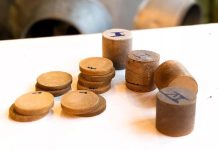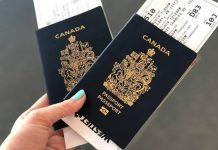Africa-Press – Namibia. FOR some Windhoek residents, rain is an obstacle to overcome when going to school, work, or crossing roads.
The Hadino Hishongwa constituency community at Goreangab has for years had to brace the rain when leaving home. Elvista Shigwedha (33) says a valley in the area fills up during the rainy season, and often prevents them from crossing to the other side.
The filthy, foul-smelling water also flows into their shacks, she says. “We don’t have toilets here, so the water carries human waste and dirt,” she says.
Shigwedha and four members of her family who go to work every day, on some rainy days have to decide who gets to leave the house, since some members of the household have to stay at home to assist the rest with crossing the valley.
“My children can go up to two weeks without going to school. They can’t cross the valley alone, it’s too deep for them.
“Sometimes kids miss out on exams and get into trouble with their teachers, who do not believe we have an issue,” she says.
Shigwedha says they need the City of Windhoek to construct a pedestrian bridge and more roads to promote safe travelling. “If someone needs medical assistance, or if our shacks are burning, it’s hard,” she says.
Another Goreangab resident, Victoria Mufufya (32), says some residents are considering relocating because of the issue, but have nowhere to go. “Where would you relocate to? It’s the municipality’s land, and it will take years to be approved.
“We tried putting up sand and stones, but they are washed away when it rains. The City of Windhoek does not respond to people in informal settlements. We are abandoned, or called illegal occupants,” she says.
Mufufya says the water accumulating in the area is contaminated and can spread diseases in the community. Goreangab community chairperson Eliaser Emvula says residents are facing many challenges, but the City of Windhoek does not attend to them.
“We wrote a letter to the municipality, but they have not responded. We just want a bridge so we can travel and do our daily work without any hindrance during the rainy season,” he says. Emvula says it is exhausting assisting the community to cross the valley.
“I sometimes have to carry two kids at the same time to help them cross the valley, and it is exhausting. I did basic swimming lessons, so I am always at the valley guiding or helping people cross the valley,” he says.
Goreangab councillor Nestor Kalola says he is aware of the situation, but does not have the authority to commission the construction of a bridge. “Only the municipality has that mandate . . . Last year the municipality relocated people because of the same issue. The municipality is aware of the issue,” he says.
Other challenges the community is faced with include a lack of electricity, water, sanitation, and healthcare facilities. Kalola says the community is also partly to blame, since some members set up shacks in river beds or too close to water sources.
“There was a time when we relocated people from the river bed. But if you go there now, people have built houses there again.
“Sometimes the public is to be blamed for not consulting the relevant authorities or being ignorant,” he says.
Constable Karina Abner from the City of Windhoek’s by-law department says dwellings are supposed to be inspected by city inspectors after being erected.
“I know the municipality has not approved of this thing,” she says. Abner says residents should visit the city’s resettlement offices before setting up shacks.
For More News And Analysis About Namibia Follow Africa-Press






